How to Start a Small Space Garden This Spring
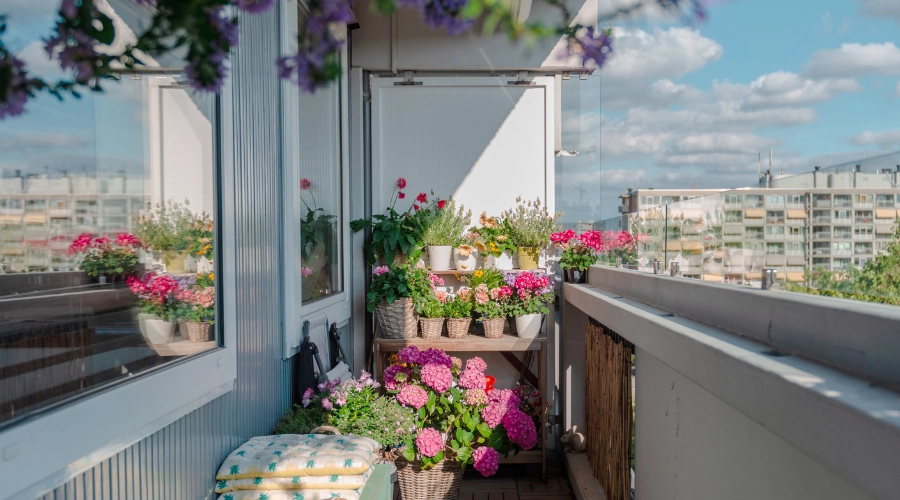
Are you passionate about gardening but worried that your limited space might hold you back? Maybe you’ve always dreamed of a lush garden but feel constrained by the size of your balcony or patio. Well, I’ve got some great news for you! Gardening in a small space can be just as rewarding and beautiful as tending to a large backyard. With spring on the horizon here in Australia, it’s the perfect time to roll up your sleeves and get started. Let’s dive into some creative and practical tips to help you turn even the smallest area into a thriving garden oasis!
Assess your Space
First, take a good look at your available space. Start by identifying areas that get plenty of sunlight and those that are shaded. Understanding the light conditions will help you choose the right plants. For example, observe how sunlight moves across your space throughout the day. This way, you can select plants that will thrive in those conditions. But don’t worry—there are plenty of shade-loving plants if your space isn’t drenched in sunlight. Additionally, think about how you’ll water your garden and how easy it will be to reach all your plants. You don’t want to make things harder for yourself down the line.
Choosing the Right Plants
Now, here’s where the fun begins—choosing your plants! Since you’re working with a smaller space, it’s best to pick plants that won’t outgrow their home. Let’s talk about some great options:
- Vegetables: Dwarf varieties of beans, peas, and herbs like basil, parsley, and mint are perfect for pots and small garden beds.
- Climbers: Don’t forget about vertical space! Plants like jasmine and passionfruit can be trained to grow up walls or along fences.
- Colorful Flowers: Want some pops of color? Seasonal flowers like nasturtiums and geraniums will add vibrancy to your garden.
Utilize Vertical Gardening
Speaking of vertical space, let’s make sure you’re using every inch of it. Vertical gardening is a game-changer when space is tight. It’s all about making the most of your vertical space to create a lush, productive garden without taking up valuable ground area. Here’s how you can effectively use vertical gardening techniques to maximize your small garden:
Climbing plants like beans, peas, and cucumbers thrive on trellises or wires, saving ground space and adding a green backdrop to your garden. Hanging baskets are perfect for trailing plants such as petunias and herbs, creating a cascading effect when hung at different heights. Vertical planters, from wall-mounted pockets to freestanding units, are ideal for herbs and small flowers, making use of limited floor space. Shelves and latticework on garden walls maximize space by holding potted plants or supporting climbing varieties. Stacked or tiered containers are great for fitting greenery into small corners. For a dramatic touch, living walls made from panels or modules add a lush, vertical garden that also serves as a privacy screen and improves air quality.
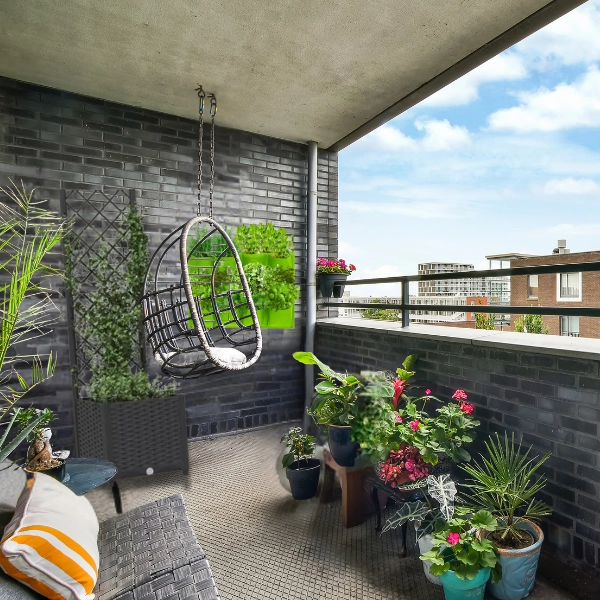
Create Layers and Depth
One of the secrets to making a small garden feel more expansive is by creating layers and adding depth. This technique not only maximizes the space you have but also enhances the visual appeal of your garden. Here’s how you can achieve this:
To create a visually dynamic garden, start by layering plants based on height: place taller varieties like sunflowers or corn at the back, medium-height plants such as bushy herbs or dwarf tomatoes in the middle, and low-growing plants like lettuce or strawberries at the front. Mix textures and colors by combining different leaf shapes and shades, such as pairing broad leaves with feathery ones and integrating pops of color from flowers. Establish focal points with striking plants, garden art, or small water features to draw attention and add layers. Utilize raised beds and stacked containers to introduce different levels and improve accessibility, while also managing soil quality and drainage. Finally, keep your garden vibrant throughout the year with seasonal planting, ensuring regular updates with new colors and varieties.
Incorporate Functional Elements
Even in a small garden, you can pack in some practical features that make the space both functional and inviting.
- Seating Areas: If you’ve got the room, adding a small bench or a couple of chairs can turn your garden into a cozy spot to relax.
- Compost Bins: Even in a tiny space, you can manage garden waste with a small compost bin or worm farm tucked into a corner.
- Grow Bags: Grow bags are a fantastic option for small spaces, especially if you’re short on ground space. They’re portable, versatile, and great for growing a variety of plants—from vegetables to herbs. Plus, they allow for better root health thanks to their breathable fabric.
- Grow Tunnels: If you want to extend your growing season or protect your plants from pests, consider setting up a small grow tunnel. It creates a warmer microclimate, helps retain moisture, and shields your plants from unwanted visitors.
Use Quality Soil and Containers
Your plants will thrive if you start with the right foundation,
- Larger Pots: Larger pots help retain moisture and give your plants plenty of room to grow. Just make sure they have good drainage to avoid waterlogged roots.
- Soil Quality: A high-quality potting mix is key. You might also want to use soil wetters to keep the moisture levels up, especially during the hotter months.
Conclusion
So, there you have it! Starting a small space garden is not only doable, but it’s also a rewarding way to bring a bit of nature into your home. By choosing the right plants, making the most of vertical space, and planning thoughtfully, you can create a lush, beautiful garden that’s a joy to tend. And with grow bags and grow tunnels in your toolkit, you’ll have even more flexibility and protection for your plants. With spring just around the corner, there’s no better time to dive in and start your small space gardening journey. Happy gardening!
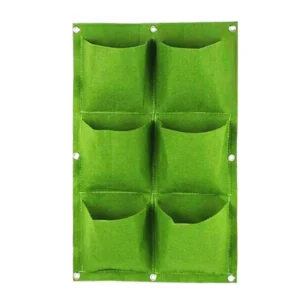
Green Vertical Grow Bags 6-64 Pockets
$12.90Raised Garden Bed Planter with Trellis
1 reviews Original price was: $79.00.$69.00Current price is: $69.00.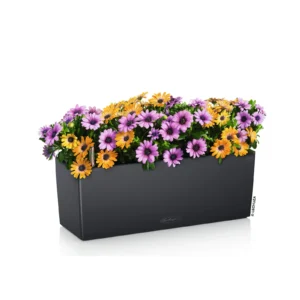





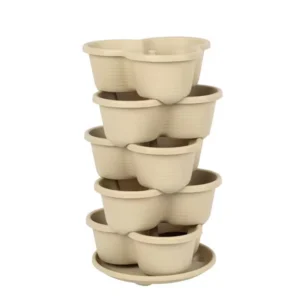
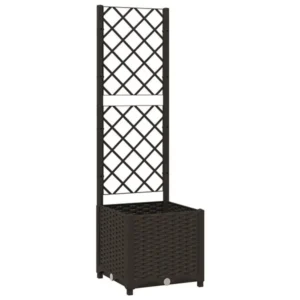
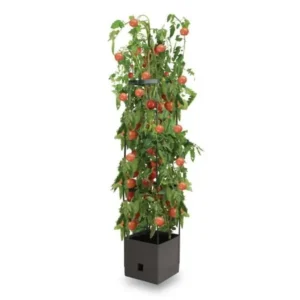
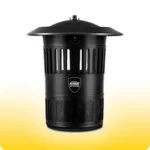 Mosquito Traps
Mosquito Traps